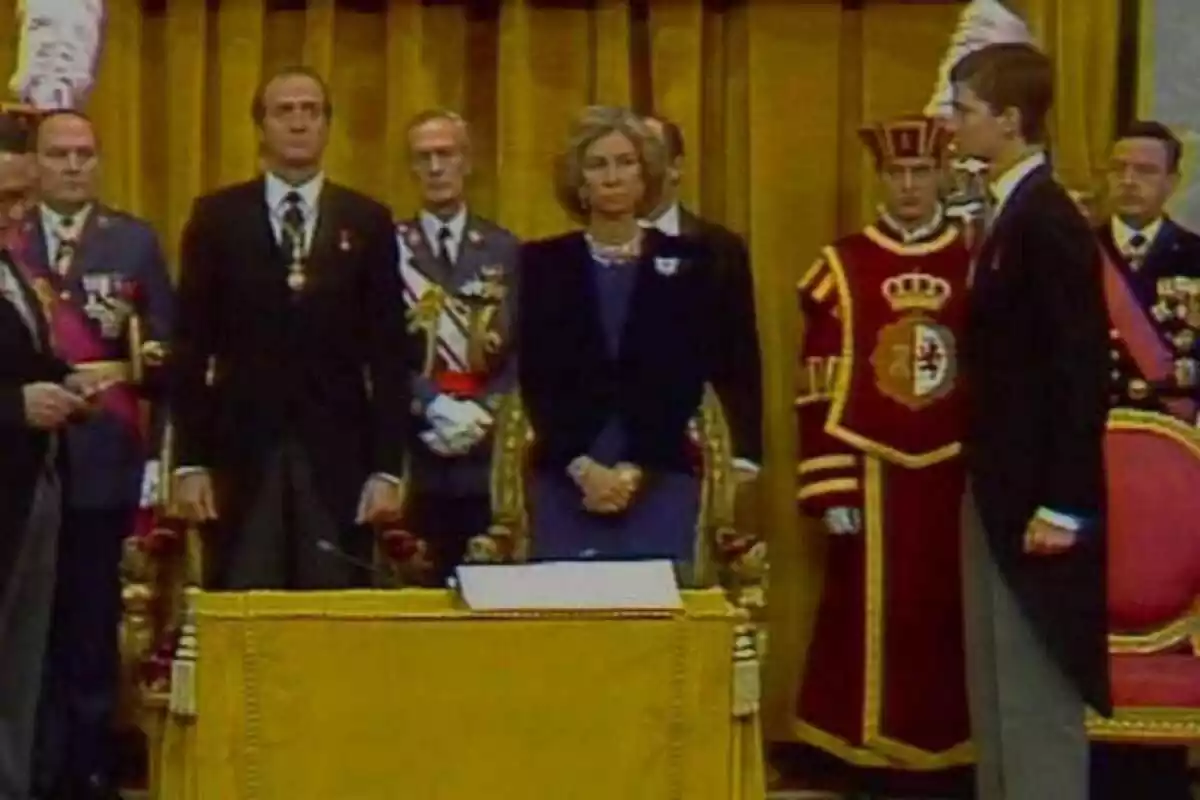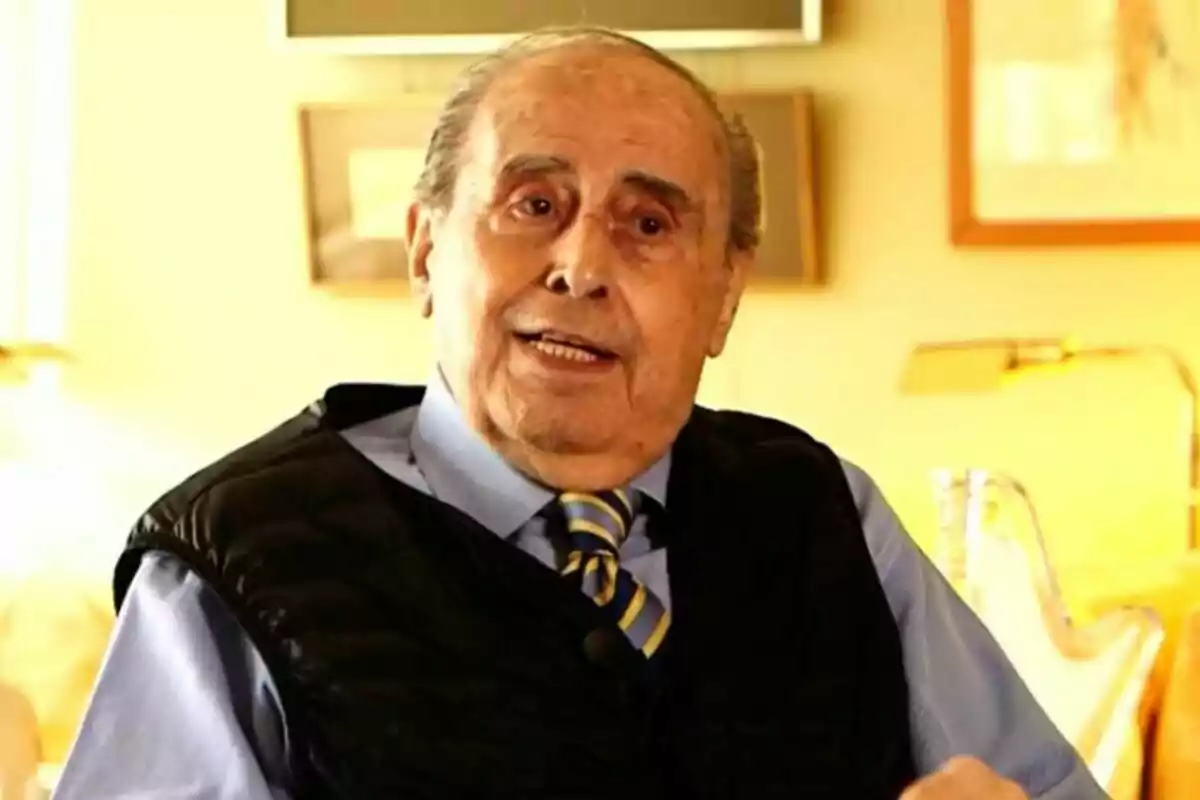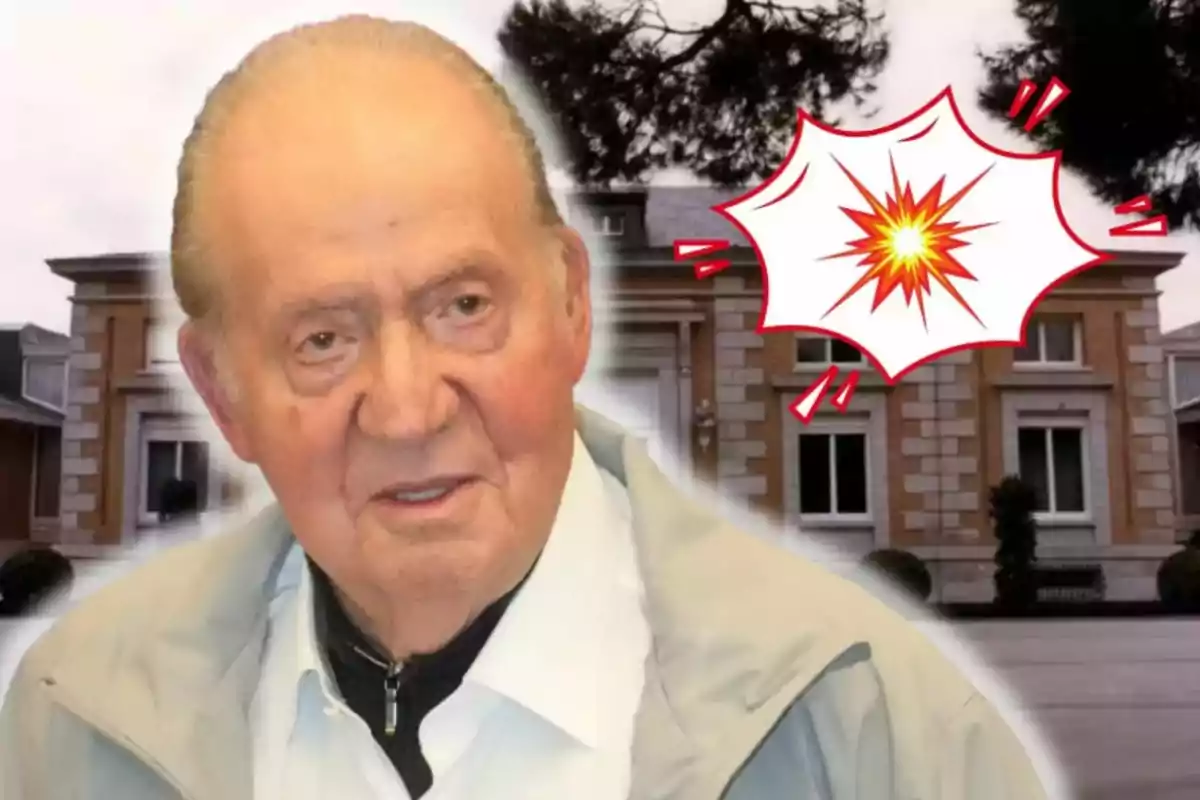The recent statements from an expert on the Royal Household have revealed a very important detail about the Spanish royal family. This new contribution sheds light on a matter that has spanned several generations and had remained in the shadows until now.
After a summer full of controversies surrounding the Royal Household, this information reveals a well-kept secret within Juan Carlos I's close circle. What until today seemed only a rumor now has the authorized voice of someone who has studied royal history in depth.

An inheritance that changed the course of the family
Victoria Eugenia of Battenberg, wife of Alfonso XIII since 1906, was a carrier of hemophilia, a hereditary disease that affects blood clotting. This condition, which mainly affects males, has had a tragic impact on the history of the Spanish royal family.
Of the six children they had, two suffered fatal consequences from this disease. Alfonso, known as "the Crystal Bourbon," died at 31 years old after a car accident that caused internal bleeding that couldn't be controlled. Four years later, another of their sons died under similar circumstances.
This genetic legacy not only left a medical impact but also deeply marked the family dynamic and the history of the monarchy. The fragility of the heirs influenced decisions and tensions within the Royal Household.

An expert's view on the impact of this inheritance on the monarchy
Historian José Luis Peñafiel has stated how this disease "marked" King Juan Carlos I's family. According to Peñafiel, Alfonso XIII never forgave his wife Victoria Eugenia for the loss of their sons due to hemophilia.
For the expert, this inheritance not only affected the health of the royal family members but also had deep emotional and political repercussions. Royal Household had to face internal pain while keeping a public image that was affected by these tragedies.
This testimony provides a human perspective on the difficulties the monarchy faced. These experiences have marked its history for more than a century.
Hemophilia and its impact on the history of the Spanish monarchy
In Alfonso XIII's era, hemophilia was little understood and almost impossible to treat properly. The special care the affected heirs received reflects the seriousness of the disease and the effort to protect the continuity of the dynasty.
This historical episode shows how a biological factor can shape the fate of a royal family and the history of a country. The combination of personal tragedy and public responsibility created constant tension in the Royal Household.
The arrival of Victoria Eugenia of Battenberg to the Spanish crown represented a turning point in the history of the monarchy. The hemophilia she passed on left a deep and painful mark, opening a decisive chapter. This episode remains key to understanding the evolution and challenges the Spanish royal family has faced over the years.

